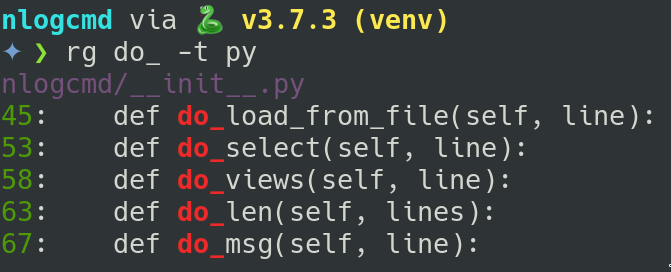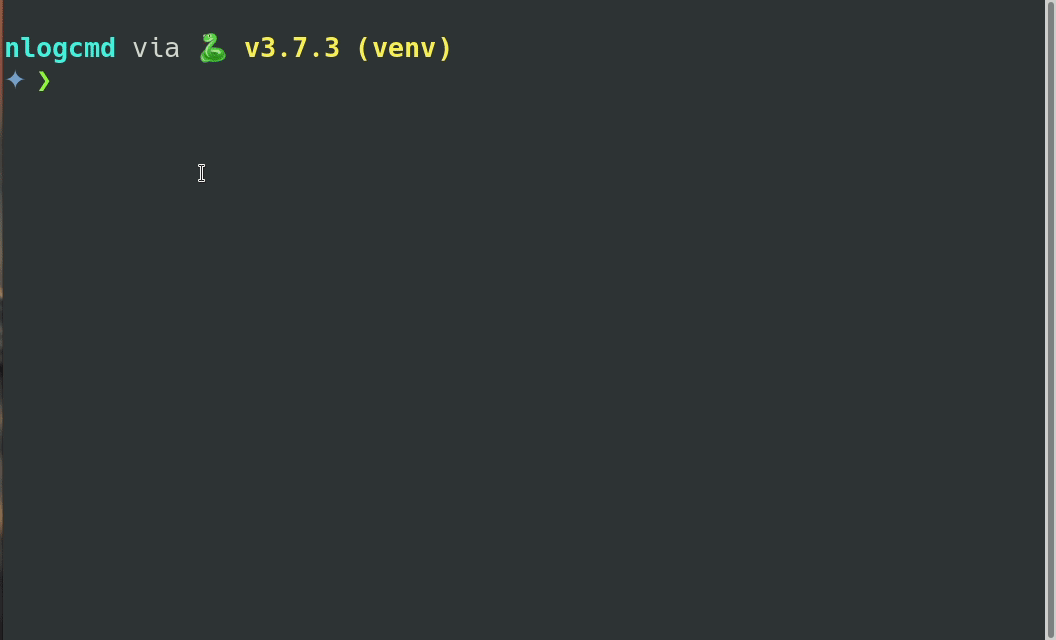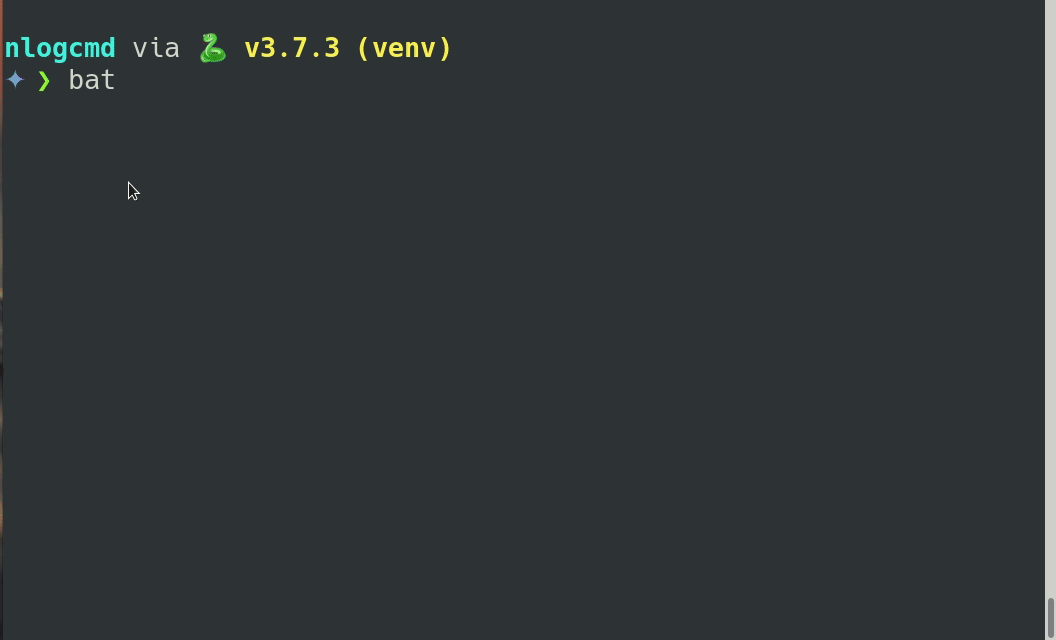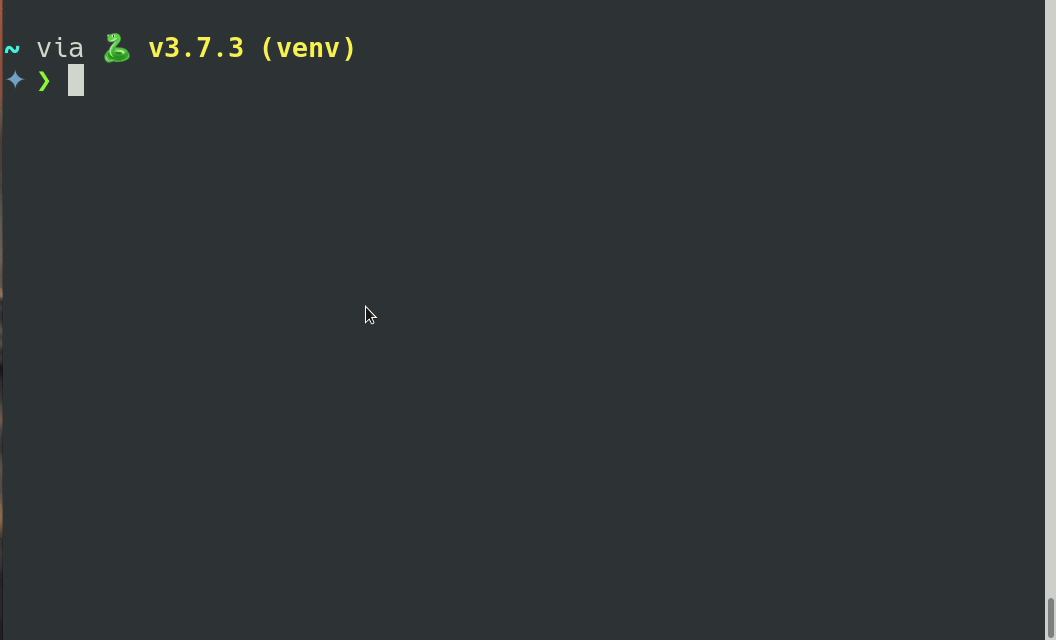
In this post, I am going to talk about the tools that I use daily on my
computer. This is a personal choice, I don’t intend to spark off a vim vs Emacs
debate as an outcome of this blog post.
Operating System
I use Fedora as my primary Operating System. I am currently running Fedora 25
in all my boxes except one home server, which runs Fedora 24. In the data
center, I have CentOS on the bare-metal, and Fedora in the VM(s). The very same
goes for any quick VM that I create over Fedora Infra Cloud.
Desktop
Last June, I moved to i3wm from Gnome. I started with the configuration from
Adam Miller and then modified according to my preferences. This morning, I
updated it further so I could use my Kinesis keyboard along with it. For the
last few months, I was using my Das Keyboard for a change. I am back to my most
favorite keyboard now. :)
The only problem I encountered with i3wm is with projectors. Not all projectors
work out of the box with my system. Maybe it is a problem with the
configuration that I have. It at least works with my external monitor or the TV
at home. It also works properly with a few of the projectors in the local Red
Hat office.
Mail
I use mbsync tool from isync package to sync all my emails locally. In the
past, I used offlineimap, but mbsync seems to be a little faster in syncing
e-mails. This helps when mailboxes are as big as mine.
I use Kolabnow as my primary e-mail service provider, I still use my Gmail id
as it is configured with a few too many things. I am very happy with Kolab’s
service, and I think it is a perfect service to pay for.
Mutt is the choice of mail client. Most of the other mail clients fail to open
or function properly with the large size maildirs that I have. To send out the
mail, I use msmtp tool on the laptop.
Editor + IDE
Vim is my first choice as editor. I use it daily for most of my work; right
from writing e-mails in mutt to doing the final review of my blog posts before
publishing. I don’t use any plugin as I like to have the same experience in
every server I use, and I don’t particularly like installing random plugins in
the servers. You can find my simple vimrc
here.
I also use PyCharm IDE from JetBrains. It actually stole the first place for
Python projects from Vim. A few months back, I also found the golang plugin for
it, and then started using it for all of my golang development too. It is an
extremely nice IDE. You can download the community edition and start using it.
For writing any other text, I mostly used Vim. Around a month back though, I
found Focuswriter. With a little bit of color changing in the theme, it has now
become my standard tool for distraction-free writing. I generally prefer to put
my headphones on, play some random music (Often, I do not even know the music
that is playing) and then write in Focuswriter. This tool is the newest
addition to my daily usage list and, seriously, one of the best finds for me in
2016. For some odd reason, I actually went through the whole source code of
Focuswriter. I generally don’t do that for most of the tools I use.
Browser
I use both Firefox and Chrome with a few add-ons. Chrome loves to take up all
the RAM I have. Maybe someday it will get better with RAM usage.
IRC
I use Xchat as my primary IRC client. Currently, I host a ZNC instance inside
an rkt container in my server, and my Xchat connects to it. People continue to
suggest other IRC clients, but I never managed to try them. I do have one
irssi session running from another server for emergencies.
Blog / Website
I use Shonku, a static blogging tool I wrote back in
2013 as my blogging platform. It uses simple Markdown as the input format of
the blog posts. The uses of Markdown helps me to focus on the content than on
the formatting.
While I am writing this post, I am trying to remember other tools that I use
regularly. I don’t see any other tool open in any current workspace in the
laptop though. I find it kind of funny that even though I have so many
applications installed on the computer, I only use a few of them actively. I
also prefer to use the tools that have a good user base. This helps to find an
answer to any question I might have. Though I keep looking at the blog posts
for all the new modern and shiny tools, but for my personal usage, I am stuck
with the tools I trust for a long time. In the end, I should also mention
Python. I have various scripts for automating my tasks in the system, and
almost all of them are written in Python. One of the last addition was the
weekly status tool I started writing a few weeks back.
Note:: In the real world, Coffee is the other must-have tool for my brain to
work properly. Without it, I often only keep staring at the screen without
doing much. Thanks to my incredible friends, I source my coffee from all across
the world. That’s a story for another day.




